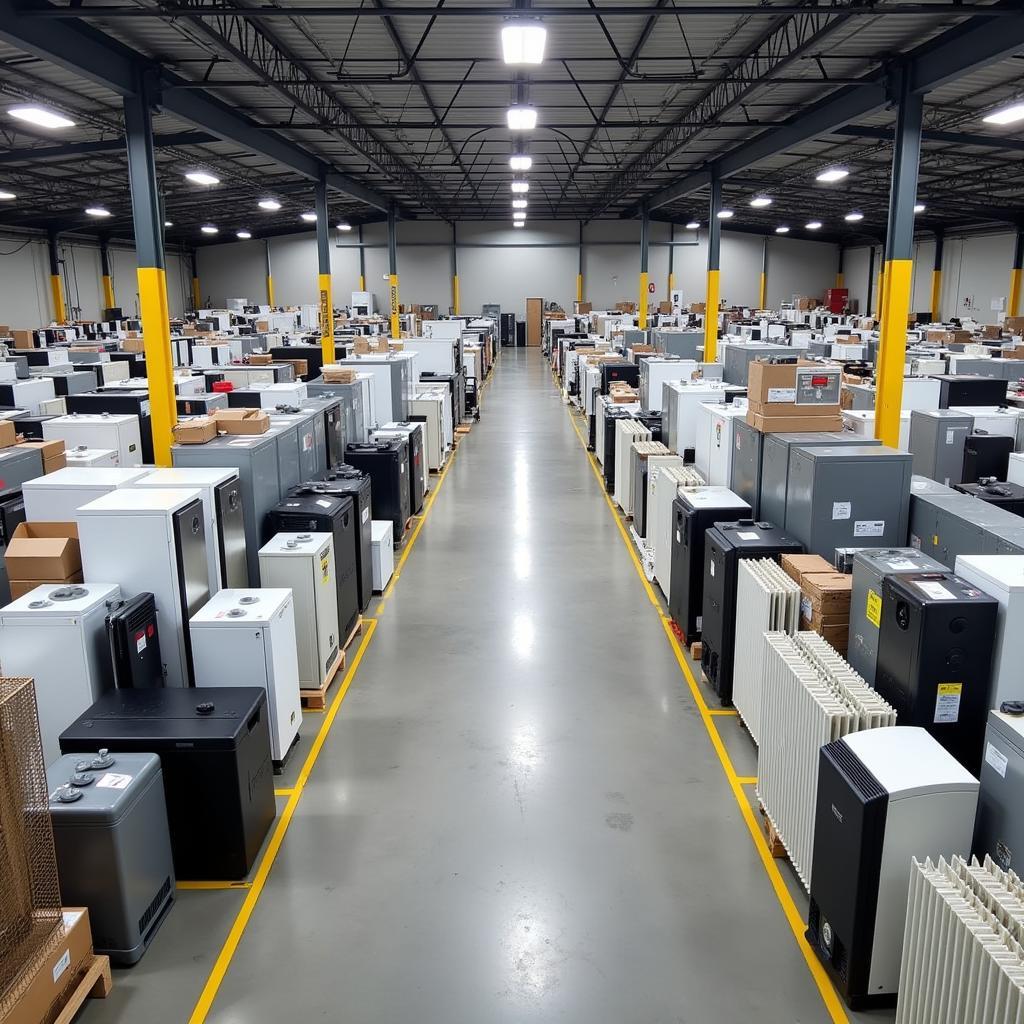The evolving situation in Ukraine presents a multifaceted challenge for ASEAN, requiring the bloc to carefully navigate its relationships with major powers while upholding its core principles of neutrality and peaceful conflict resolution. This delicate balancing act highlights the complexities of the Asea Ukraine dynamic.
ASEAN’s Stance on the Ukraine Conflict: A Balancing Act
ASEAN’s response to the Ukraine conflict has been characterized by a cautious approach, reflecting the diverse perspectives and priorities within the bloc. While some members have strongly condemned the invasion, others have adopted a more neutral stance, emphasizing the importance of dialogue and diplomacy. This nuanced approach underscores ASEAN’s commitment to maintaining regional stability and avoiding entanglement in great power rivalries. The 22nd EU-ASEAN Ministerial Meeting, for example, provided a platform for discussing the regional and global implications of the conflict.
The conflict has also exposed the economic vulnerabilities of ASEAN nations, particularly in terms of energy security and food prices. The disruption of global supply chains and the surge in commodity prices have had a significant impact on several ASEAN economies, highlighting the need for greater regional cooperation and diversification of economic partnerships.
Navigating the Geopolitical Implications: ASEAN’s Delicate Dance
The Ukraine conflict has put ASEAN in a difficult position, requiring it to balance its relationships with major powers, including Russia, China, and the United States. ASEAN’s long-standing policy of non-interference in the internal affairs of other states has been tested by the scale and implications of the conflict. The bloc has sought to maintain its neutrality while urging all parties to respect international law and seek a peaceful resolution. The 42nd ASEAN Summit addressed these complex geopolitical challenges, focusing on maintaining regional stability amidst global uncertainty.
Discussions at the ASEAN 2022 Summit emphasized the importance of upholding international law and promoting dialogue. This measured approach reflects ASEAN’s commitment to its core principles, while acknowledging the complexities of the evolving geopolitical landscape. “ASEAN must maintain its unity and centrality in responding to the crisis,” stated Dr. Aris Santoso, a prominent Southeast Asian political analyst. “A fragmented response would weaken the bloc’s standing on the global stage.”
ASEAN and Ukraine: A Future Shaped by Global Uncertainty
Looking ahead, the ASEAN and Ukraine relationship will continue to be shaped by the evolving geopolitical context. The conflict underscores the need for ASEAN to strengthen its internal cohesion and enhance its capacity to respond to external shocks. This includes bolstering regional economic integration, diversifying partnerships, and promoting multilateralism. The ASEAN Meeting 2023 will likely continue discussions on these critical issues.
How will ASEAN navigate the challenges posed by the Ukraine conflict?
The bloc’s ability to navigate the challenges posed by the conflict will depend on its ability to maintain unity, uphold its principles, and engage constructively with all stakeholders. “The Ukraine conflict underscores the importance of ASEAN’s role in promoting peace and stability in the region,” added Dr. Santoso. “The bloc must continue to advocate for dialogue and diplomacy as the only viable path to resolving conflicts.”
Conclusion: ASEAN and Ukraine in a Changing World
The asea ukraine dynamic reflects the intricate interplay of regional and global forces. ASEAN’s response to the conflict has been a delicate balancing act, reflecting the bloc’s commitment to neutrality and peaceful conflict resolution. Moving forward, ASEAN must continue to strengthen its internal cohesion and engage constructively with all stakeholders to navigate the complex geopolitical landscape.
FAQ:
- What is ASEAN’s official position on the Ukraine conflict? ASEAN has called for respect for international law and a peaceful resolution.
- How has the conflict impacted ASEAN economies? The conflict has contributed to rising energy and food prices, impacting several ASEAN nations.
- What role can ASEAN play in resolving the conflict? ASEAN can promote dialogue and diplomacy, facilitating communication between parties.
- How has the conflict affected ASEAN’s relationship with major powers? The conflict has tested ASEAN’s ability to balance its relationships with major powers.
- What is the future of ASEAN and Ukraine relations? The future will depend on the evolving geopolitical landscape and ASEAN’s ability to navigate complex challenges.
- How does ASEAN address the humanitarian crisis in Ukraine? ASEAN supports humanitarian efforts and calls for unhindered access to assistance.
- What are the key challenges for ASEAN in responding to the conflict? Balancing neutrality with regional stability and addressing economic impacts.
Need further assistance? Contact us 24/7: Phone: 0369020373, Email: [email protected] or visit our address: Thon Ngoc Lien, Hiep Hoa, Bac Giang, Vietnam.

